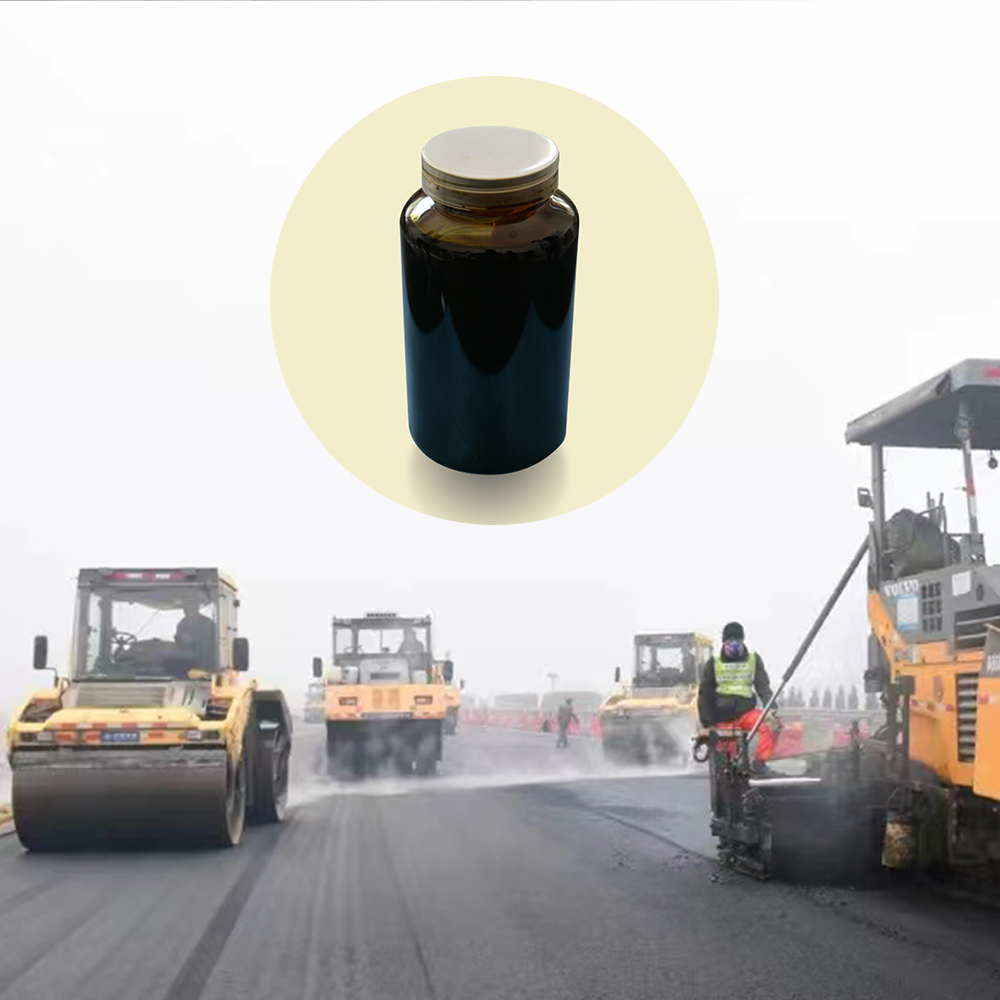Inhoudsopgave
Benefits of Using Anti-Strip Agents in Asphalt Mixtures
Asphalt is a commonly used material in the construction industry for paving roads, parking lots, and other surfaces. However, one of the challenges with using asphalt is its susceptibility to stripping, which occurs when the bond between the asphalt binder and the aggregate is weakened, leading to premature pavement failure. To address this issue, anti-strip agents are often added to asphalt mixtures to improve the adhesion between the binder and aggregate, thereby enhancing the overall performance and durability of the pavement.
Anti-strip agents are chemical additives that are designed to increase the asphalt’s resistance to moisture damage and stripping. These agents work by modifying the surface chemistry of the asphalt binder, creating a stronger bond with the aggregate particles. By improving the adhesion between the binder and aggregate, anti-strip agents help prevent the stripping of asphalt mixtures, which can Lead to costly repairs and maintenance.
One of the key benefits of using anti-strip agents in asphalt mixtures is improved pavement performance. By enhancing the adhesion between the binder and aggregate, anti-strip agents help reduce the likelihood of moisture damage and stripping, which can significantly extend the life of the pavement. This, in turn, can lead to cost savings for transportation agencies and other stakeholders by reducing the need for frequent repairs and maintenance.
| Part | Item |
| 1 | Liquid adhesion promoter Additive |
In addition to improving pavement performance, anti-strip agents can also help enhance the workability of asphalt mixtures during construction. By reducing the likelihood of stripping, these agents can improve the overall quality of the pavement, resulting in a smoother and more durable surface. This can lead to a better driving experience for motorists and increased Safety on the road.
Furthermore, anti-strip agents can also help reduce the environmental impact of asphalt production and construction. By improving the performance and durability of asphalt pavements, these agents can help reduce the need for frequent repairs and maintenance, which can result in lower energy consumption and greenhouse gas emissions. This can help contribute to a more sustainable and environmentally friendly construction industry.
Overall, the use of anti-strip agents in asphalt mixtures offers a wide range of benefits, including improved pavement performance, enhanced workability, and reduced environmental impact. By enhancing the adhesion between the binder and aggregate, these agents help prevent the stripping of asphalt mixtures, leading to longer-lasting and more durable pavements. This can result in cost savings for transportation agencies and other stakeholders, as well as a better driving experience for motorists. As the construction industry continues to evolve, the use of anti-strip agents in asphalt mixtures will likely become increasingly important in ensuring the longevity and sustainability of our infrastructure.


